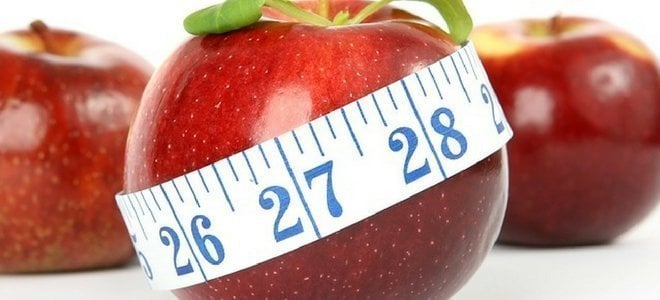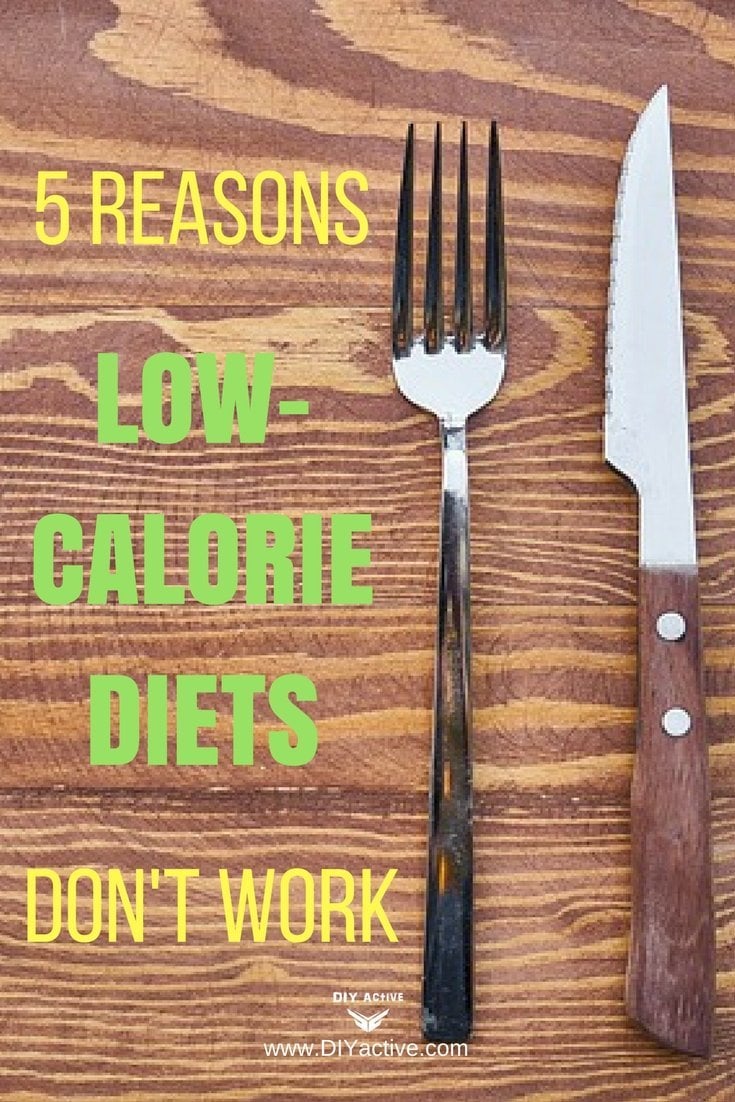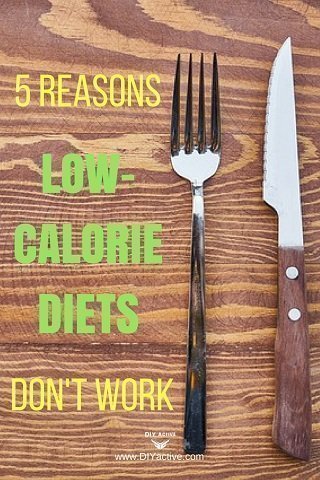
Low-Calorie Diets Have Low Long-Term Success
In the new year, millions are going to make health and fitness resolutions that might not only be unhealthy but also unrealistic. For many Americans, weight loss will be their number one New Year’s resolution. Excess weight creeps upon us. It’s something you don’t notice till your favorite jeans don’t fit anymore or you don’t recognize yourself in pictures.
5 Reasons Low-Calorie Diets Do More Harm than Good
This awareness and being uncomfortable with your weight is the motivational catalyst to start making some changes. We are bombarded by media ads that lure us with quick fixes such as, “Score a Perfect 10 Body at Home!”, “10 Minutes To Slim — Shred Fat FAST”, “Lose 10 Pounds in a Week”.
This leads to extreme dieting and workout plans which cause more harm than good in the long run. It also gives us a false perception of how much can be done in a short time frame, leading to mental and emotional stress.
The next time you think about restricting your calories, here are 5 reasons you should stay away from low-calorie diets if you want to keep the weight off for good.
Reason #1 — It’s Harmful to Your Body and Your Mind
Low-calorie diets can have negative psychological effects because your body doesn’t know the difference between starvation versus low-calorie dieting.
When you’re on low-calorie diets, you become hungrier and see an increase in food-seeking behavior. You may be more easily triggered to eat by your body’s hunger response or the environmental cues around you, leading to bingeing and extreme cravings.
At the same time, you mentally associate weight loss with deprivation, discomfort, and extreme hunger — all of which are negative associations. You begin believing that you have to suffer in order to get weight loss results. This creates a distorted relationship with food.
Instead of thinking food is for nourishing for your well-being, you think food is your enemy and avoid it at all costs.
Reason #2 — It Will Slow Down Your Metabolism 
Your body’s primary goal is to survive. During long periods of starvation, your body will feed off its own fat and muscle to keep you alive. When the amount of calories you’re eating decreases dramatically, so does your basal metabolic rate (BMR). Your BMR is your resting metabolism and is the number of calories your body burns at rest.
Low-calorie diets do not give your body the energy reserves to keep your metabolism burning at its normal rate. Your body relies on these reserves to get it through low-food times. Remember that your body doesn’t know the difference between starvation and low-calorie diets. It only knows that there is a dramatic decrease in the number of daily calories it’s getting.
As you start losing weight, your body needs fewer calories (lower BMR) at rest because you have a smaller body. The lower BMR is also the reason why most people struggle to shed the last few pounds.
Reason #3 — You May Lose Muscle Mass
Low-calorie diets cause your body to look for ways to conserve energy and resources while kicking up your hunger and cravings. If you’re not eating enough calories, your body will conserve energy by decreasing your muscle mass since muscle maintenance is metabolically expensive.
Dieting causes people to lose muscle mass much faster than normal, especially if they are not eating a sufficient amount of protein and are not strength training as part of their workout routine. The lack of a strength training component is one of the biggest mistakes people make when they are on diets.
Lifting weights conserves muscle tissue thereby helping to maintain your basal metabolic rate or even increase it, expediting fat loss.
Having a lack of muscle tissue is one of the causes of weight rebounding when you get off a diet because your metabolism is less efficient due to the loss of muscle from a calorie-restrictive diet. As a result, you may actually increase your body fat drastically when you resume your normal diet.
Reason #4 — Your Physique Results Will Be Compromised
When you have a big calorie deficit, your body has to cut back on energy expenditure. This means less energy and stamina for your everyday activities, including your workouts.
Being on a low-calorie diet means you will tire more easily and be unable to sustain a longer workout because your body is in conservation mode preserving its energy reserves. Your performance in the gym will be compromised and so will your physique results.
If you want to maximize your results, you have to be able to train intensely in the gym. To do this, you need to fuel your body with sufficient quality calories.
Reason #5 — It Will Decreases Your Fat Burning Hormones
Metabolism and hunger are controlled by a set of complex hormones whose job is to keep you alive.
For example, the hormone leptin is an anti-starvation hormone that is primarily produced by your fat cells. Leptin plays a role in influencing the production of thyroid hormones which regulate your metabolism. The production of thyroid hormones allows you to burn fat.
As you start losing body fat, there is less leptin that is being produced by your fat cells. This decrease negatively affects the production of your thyroid hormones and results in an overall slower metabolism. This is why weight loss is fast and easy at the beginning of a diet but starts to slow down towards the end. Your leptin levels have dropped because you have less fat than when you started.
Wrap-Up
Low-calorie crash dieting methods are detrimental to your health. While the other method isn’t sexy, it’s better for you and longer-lasting.
A more sustainable long-term weight loss plan involves replacing unhealthy habits with healthier ones, such as eating less refined and processed foods, drinking more water, and doing some sort of exercise every day.
- Healthy Bites on the Move: Strategies for Eating Well While Traveling - July 5, 2023
- 4 Reasons Why Women Should Lift Weights - January 11, 2019
- 5 Side Effects of a Low-Calorie Diet - December 26, 2017




